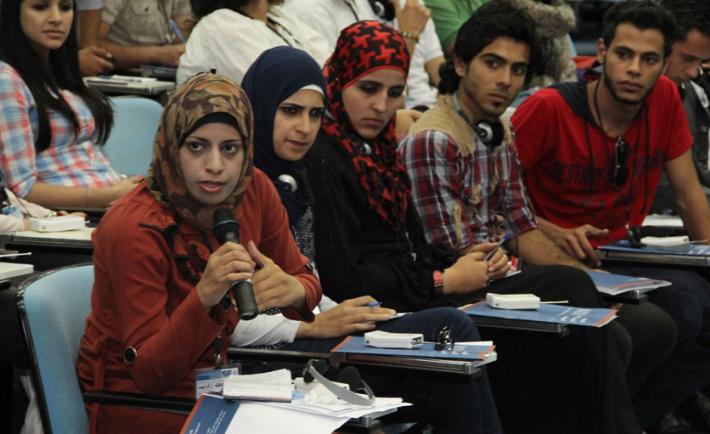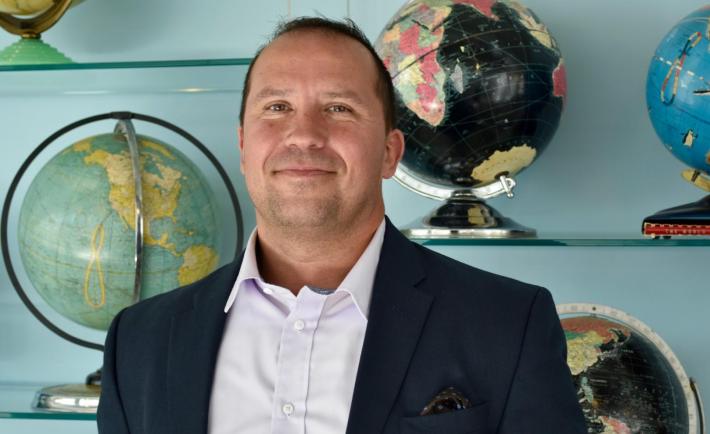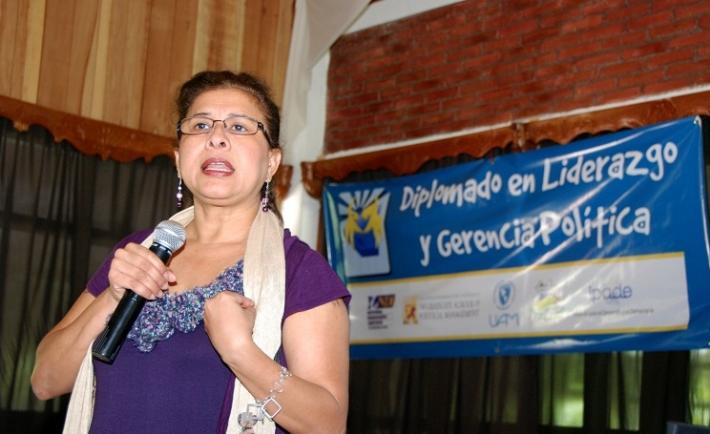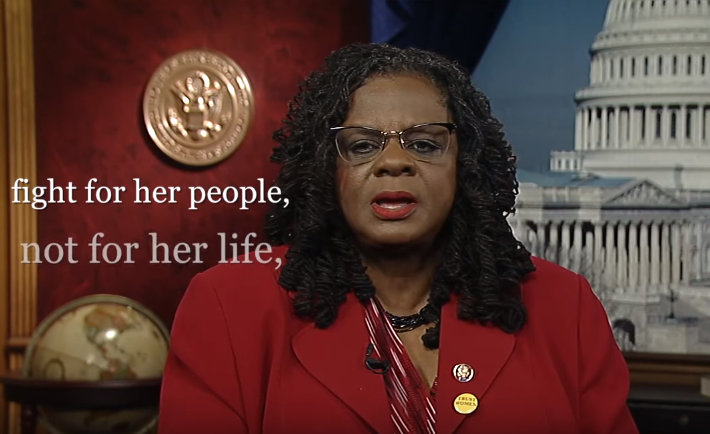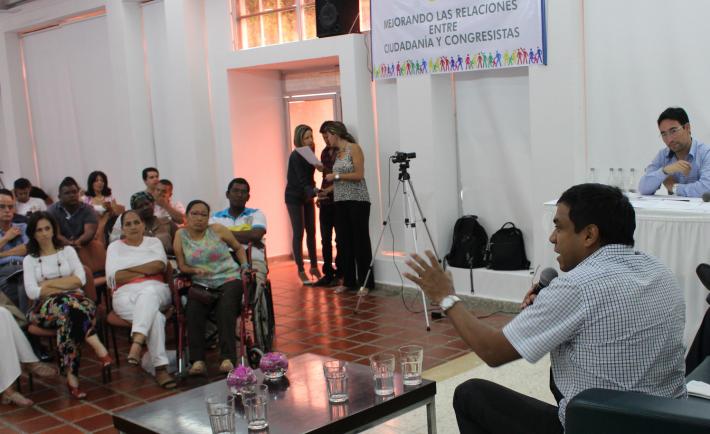
Citizens and congressmen meet in the department of Bolivar, Colombia to discuss issues and improving relations.
Each week NDI’s Citizen Participation team provides a resource to assist NDI staff in meeting the objectives of their programs. This past month's resources described the need for integrative strategies for citizen-led accountability, outlined an assessment framework to identify government accountability gaps, introduced a learning and advocacy framework for disability-inclusive development, and convened resources on cross-sectoral and evidence-based approaches to positive youth development. These resources provide tools and insights that can help citizens and civil society strengthen their ability to increase government accountability and bring about inclusive developmental change.

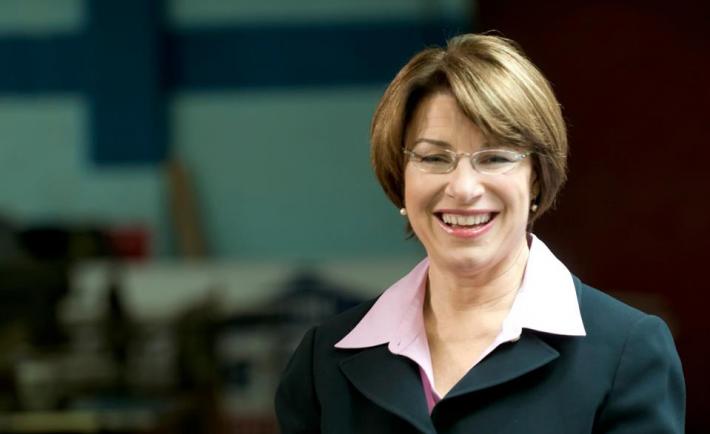
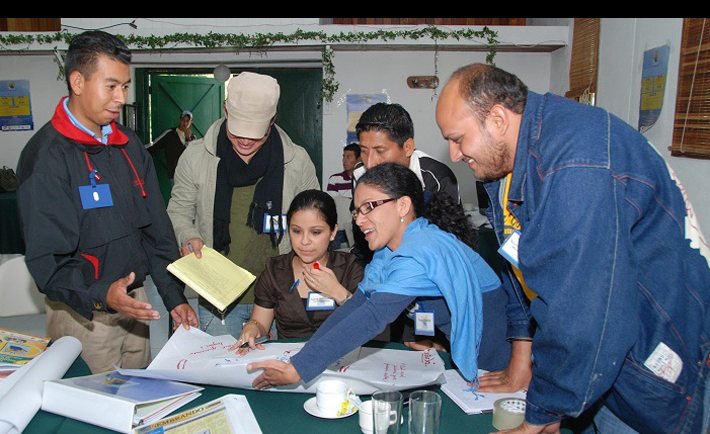
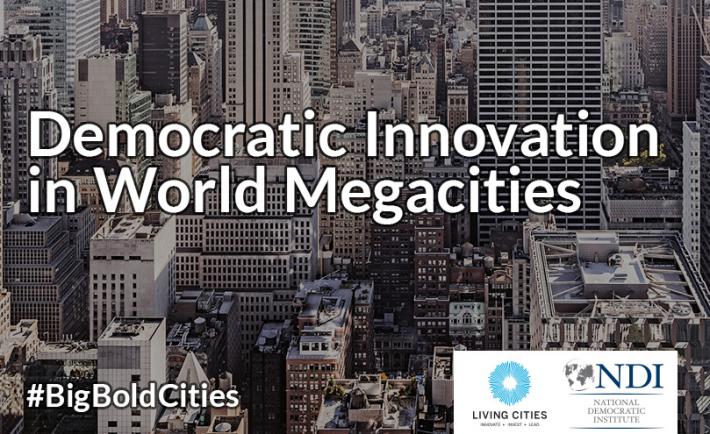

%20(1).jpg)
